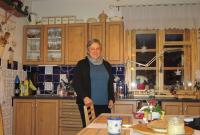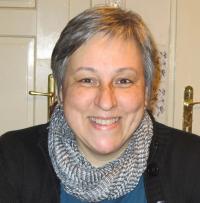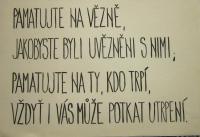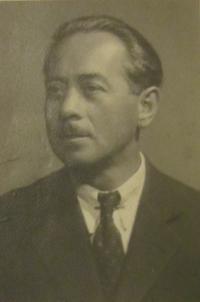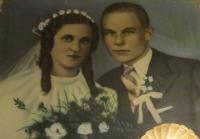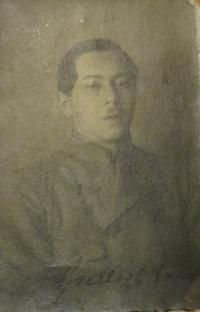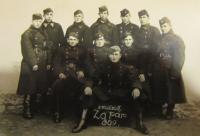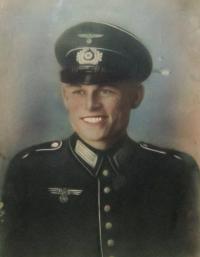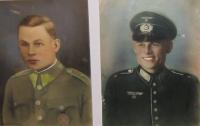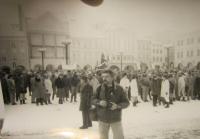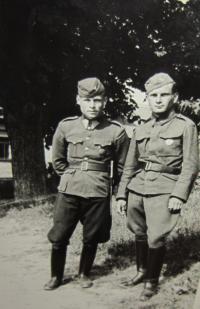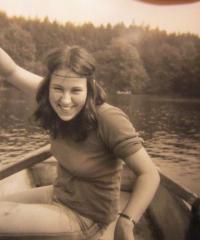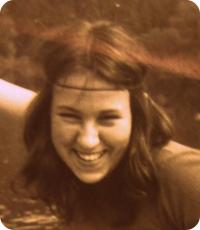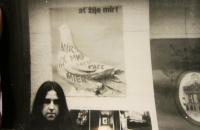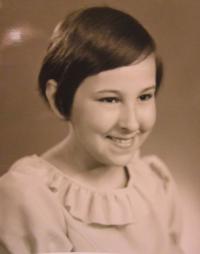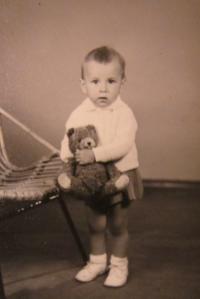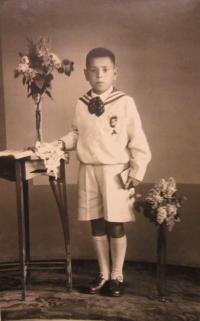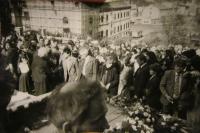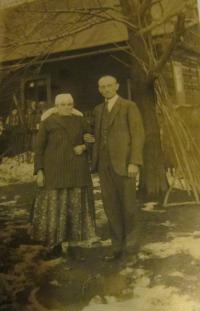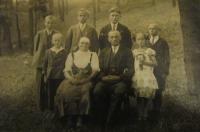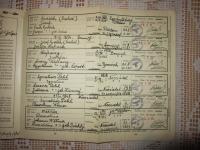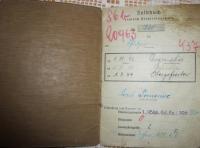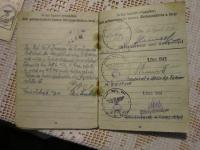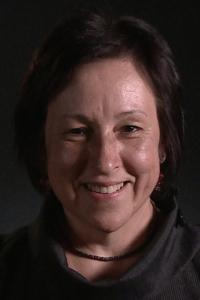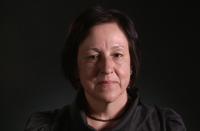They threatened to take her daughter

Download image
Jiřina Dostálová, née Sperlichová, was born in Třinec in 1965. Her family was persecuted for their faith. Because of this, Jirina built up an aversion to the communist regime early in life. She took part in her first protests while attending a secondary vocational school in Olomouc, and she made her opinion of the regime even more clear in Trutnov, where she joined the dissident groups who met in Václav Havel’s cottage in Hrádeček settlement. After signing Charter 77, the State Security (StB) checked all her correspondence and repeatedly took her in for lengthy interrogations. They even threatened to take her daughter from her, who was only a few months old. In November 1989, she was one of the few to take part in the very first demonstrations in Trutnov. After the Velvet Revolution, she moved to Moravia. She was deputy mayor of Bílá Lhota for several years. She is now head of social services at Šumperk Charity and lives in Kopřivná.
